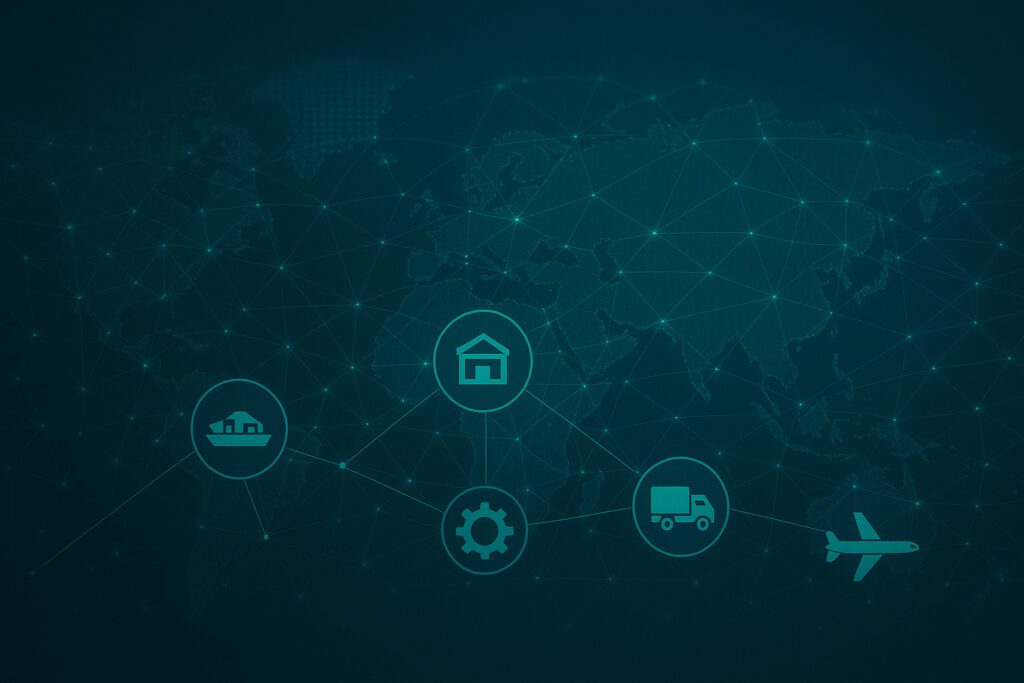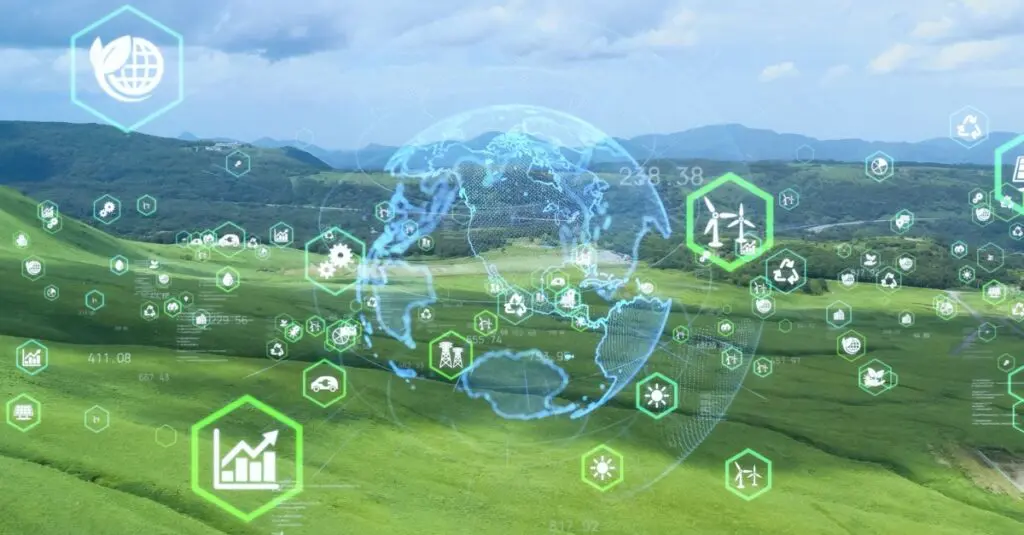
Small Companies, Big Impacts: Three Supply Chain Startups to Know
Supply chain technology is a hot commodity. Venture capital investments in supply chain tech and technology-based logistics companies have totaled an estimated $15.4 billion in 2024, and more than 150 supply chain startups have been acquired in the last two years as logistics companies work to leverage cutting-edge technology to improve their services.
According to a Kearney report, the biggest capital infusions have been in delivery technology, warehouse automation, and supply chain digitization and artificial intelligence (AI), and the investments are paying off. “Quite simply, the more you invest, the better you get at monetizing breakthrough innovation.”
Freight brokerages, in particular, are looking to technology to help set them apart – or stay in business. Brush Pass Research reported there are 17.5% fewer active freight brokerages today than there were two years ago.
Three Supply Chain Startups to Know
StartUs Insights identified the top nine supply chain innovations and trends for 2025:
- AI
- Internet of Things (IoT)
- Flexible supply chains
- Big data and analytics
- Robotics
- Supply chain sustainability
- Supply chain traceability
- Last-mile delivery
- Cybersecurity
“The supply chain has several variables that hinder its efficiency, including globalization, government regulations, pandemics, international transportation costs, increasing competition, and more,” StartUs said of No. 1 on its list. “AI-powered forecasting equips businesses with intelligence to prevent mishaps in the future. It overcomes demand-supply mismatches to prevent overstock or understock of inventory. This minimizes cost and also improves the customer experience. Additionally, AI-based algorithms automate goods retrieval from warehouses for smooth order fulfillment.”
AI and automation play pivotal roles in the products developed by three innovative supply chain startups that are expected to continue to make waves in 2025.
Doss
San Francisco-headquartered Doss was founded in 2022 by University of Illinois alums Wiley Jones and Arnav Misha “to increase the agility of the global value chain.” Jones previously was the head of product at Athelas, an automation platform for the healthcare industry, while Misha was a software engineer at Siteline, which provides billing and payment software for construction industry contractors.
Doss completed a seed round in January 2023, according to PitchBook, which lists Hawk Hill Ventures as an investor.
The Doss adaptive research platform (ARP) is touted as an alternative to enterprise resource planning (ERP) software to serve as “a source of truth for critical operations.” The Doss solution brings together production planning, warehousing, accounting, orders and billing, procurement, and inventory management in a single platform and makes “creating custom workflows as easy as drawing a flowchart.”
In November, Jones explained why traditional ERP systems struggle with complexity and how Doss’ solution drives agility and improves scalability during a special two-part episode of the Supply Chain Now podcast.
Drumkit
Drumkit was founded as Axle Technologies in 2022 “to break down the doors of data siloes within supply chain and logistics” and rebranded in mid-2024 to more accurately reflect its synchronization of tools.
CEO Dhruv Gupta and COO Jinyan Zang, who met while students at Harvard, believe modern freight broker software should plug seamlessly into existing tools through application programming interfaces (APIs) and other integration methods. Drumkit does just that, sitting on top of existing systems by connecting to transportation management systems (TMSs), emails, and other tools to bring AI-powered automation to existing workflows. Its offerings include an integrated sidebar to quickly see load information in one place, a load-building function, smart auto-replies, and centralized data management.
“Drumkit is designed to liberate freight brokers from the trudge of tedious day-to-day tasks so they can focus on their core job – building strong relationships with their carrier partners and customers,” Gupta said. “Brokers can concentrate on what they do best by leaving the back-office functions to Drumkit. From load building to appointment scheduling, track and trace, and more, Drumkit handles it all.”
In October, Drumkit became the first company to earn both the TIA 2024 Technovations Shark Tank and People’s Choice awards at the Transportation Intermediaries Association convention.
Verusen
Verusen is an AI-driven inventory management platform designed to optimize maintenance, repair, and operations (MRO) supply chains. It ingests data as is from customers’ systems of record and applies purpose-built AI to deliver inventory optimization opportunities to reduce costs and mitigate risks.
“The customer experience is so important for any type of technology. If it’s not intuitive and easy to use, quite frankly, we’ve found people just won’t use it. So, then you spent money on a solution that sits on the shelf and people work around it,” Melissa Dietz, then Verusen’s head of customer success, said on a June 2022 Supply Chain Now podcast.
Founded in 2015 by Paul Noble, who today serves as chief strategy officer, Verusen generated $25 million in a Series B raise in 2022. The Atlanta-headquartered business’ investors include Cemex Ventures, Scale Venture Partners, and BMW i Ventures.
In August, Verusen was named to the Inc. 5000 List of the fastest-growing private companies. “It fuels our commitment to further innovation and delivering exceptional customer results worldwide,” CEO Scott Matthews said of the recognition.
Matthews previously held the CEO title at MRP, a provider of customer acquisition software and services, and CrowdTwist, which was acquired by Oracle in 2020.
Keep Up on Innovations with Supply Chain Now
Listen to a supply chain podcast in 2025 to learn about innovative startups and their trend-setting technology. Supply Chain Now is the voice of supply chain and the source for industry news and insights.
Our industry-leading programming includes:
Check out these programs as well as our Supply Chain Now library packed with podcasts. Listen now.
More Articles

Making Moves: What Supply Chain Leaders Are Planning in 2024


